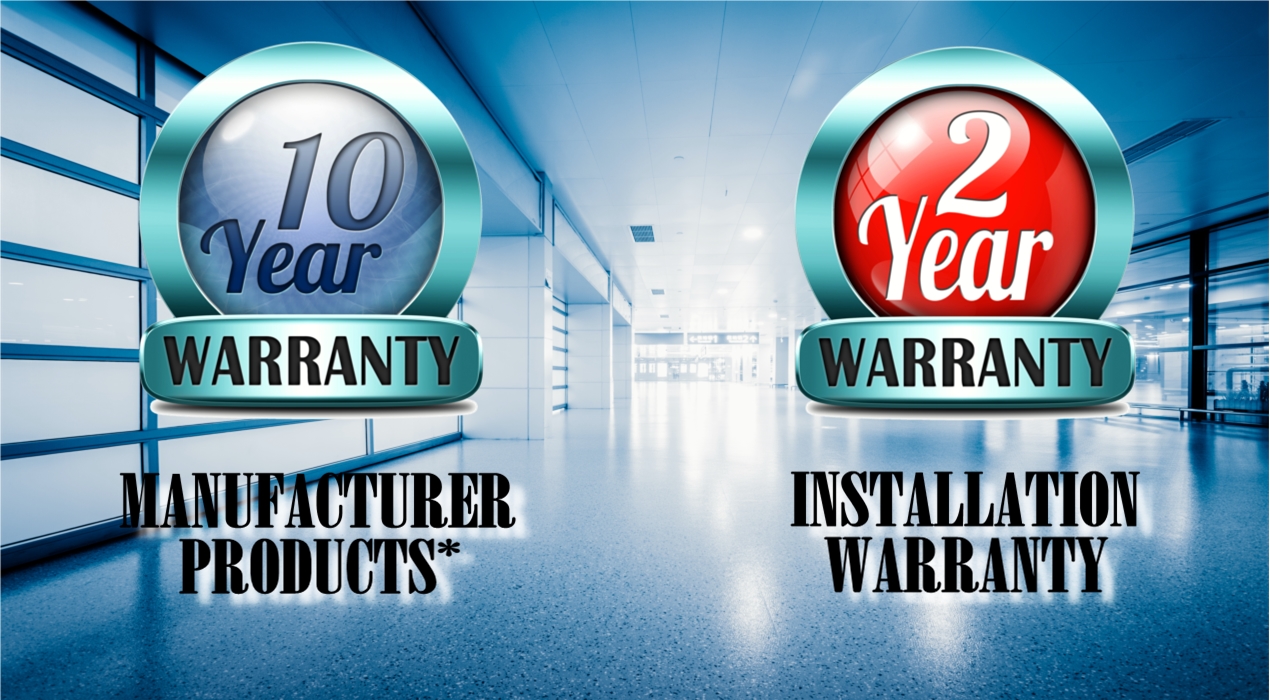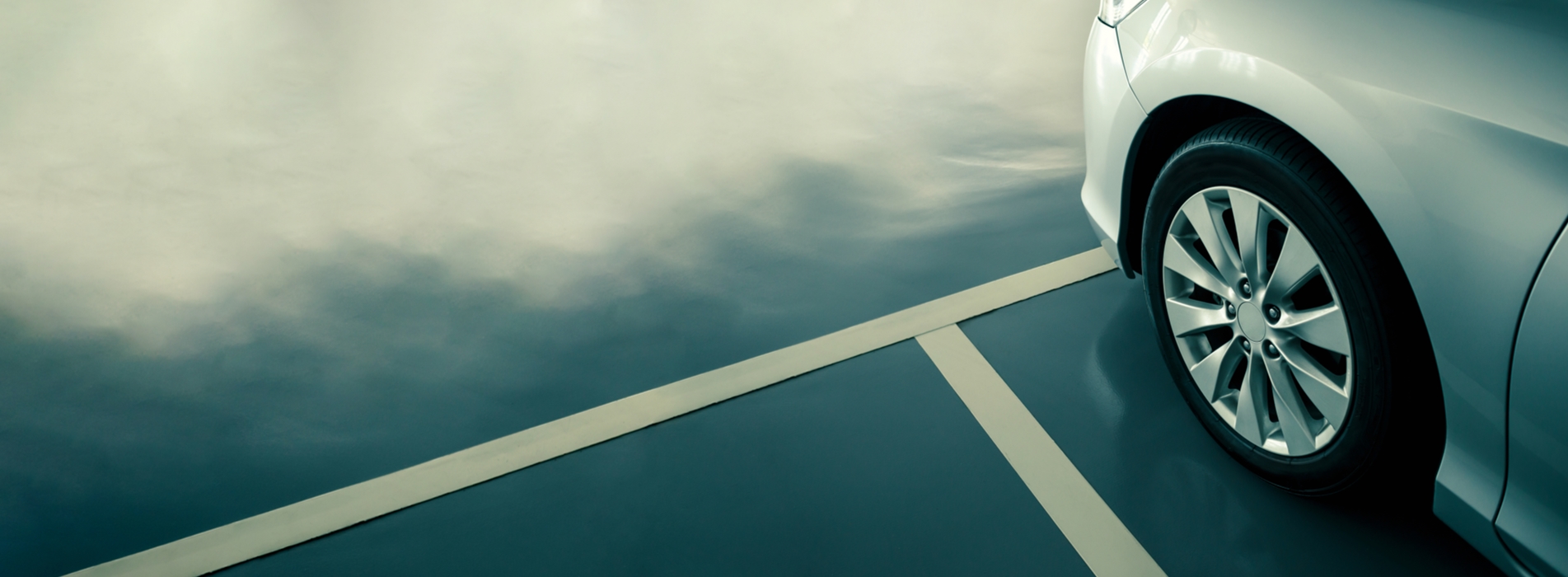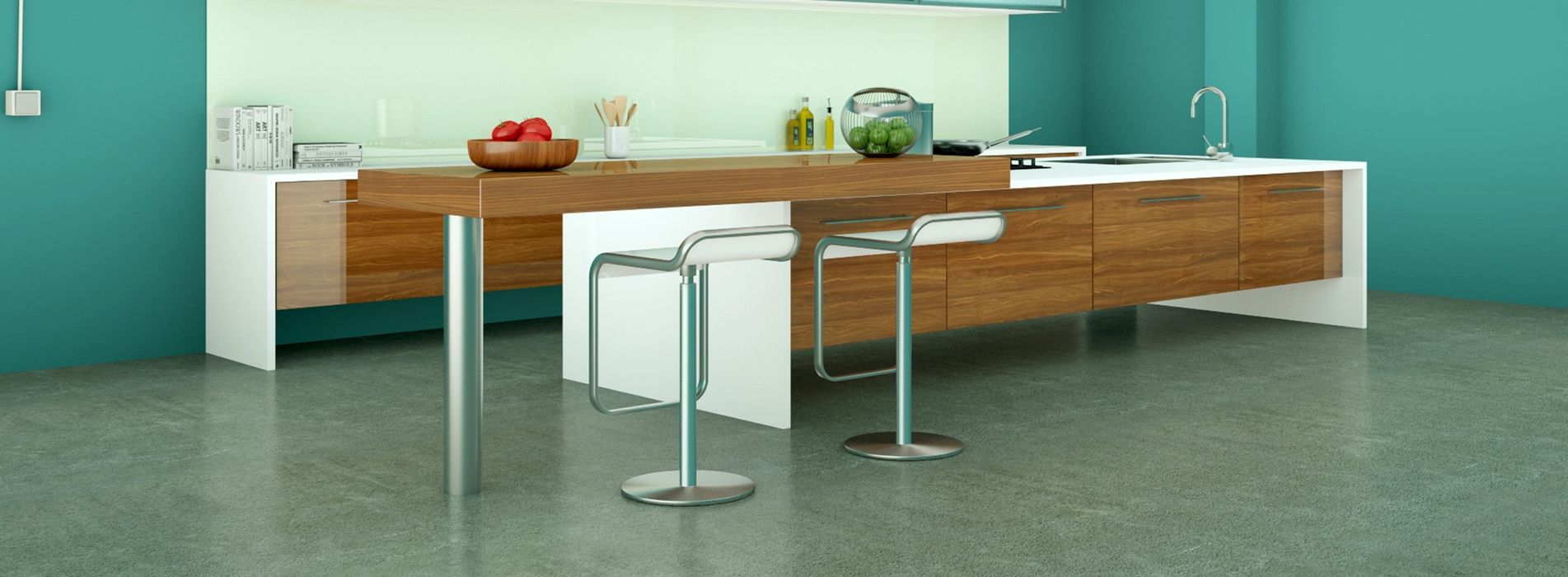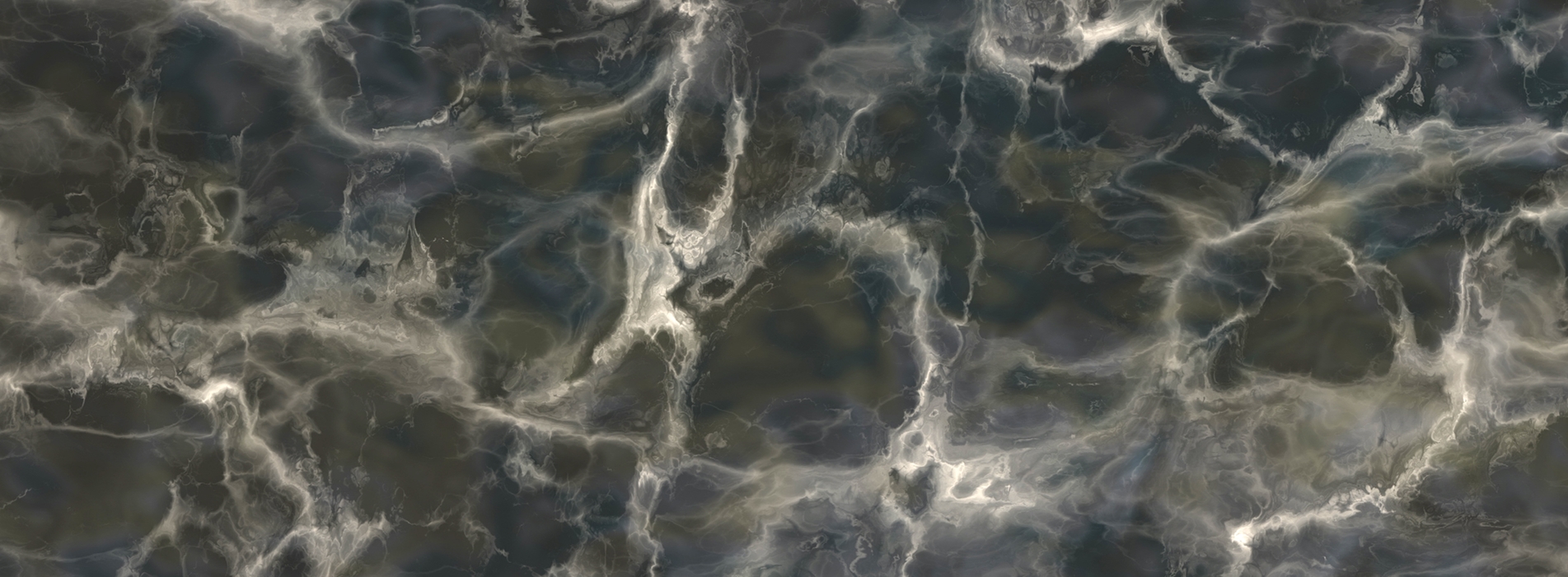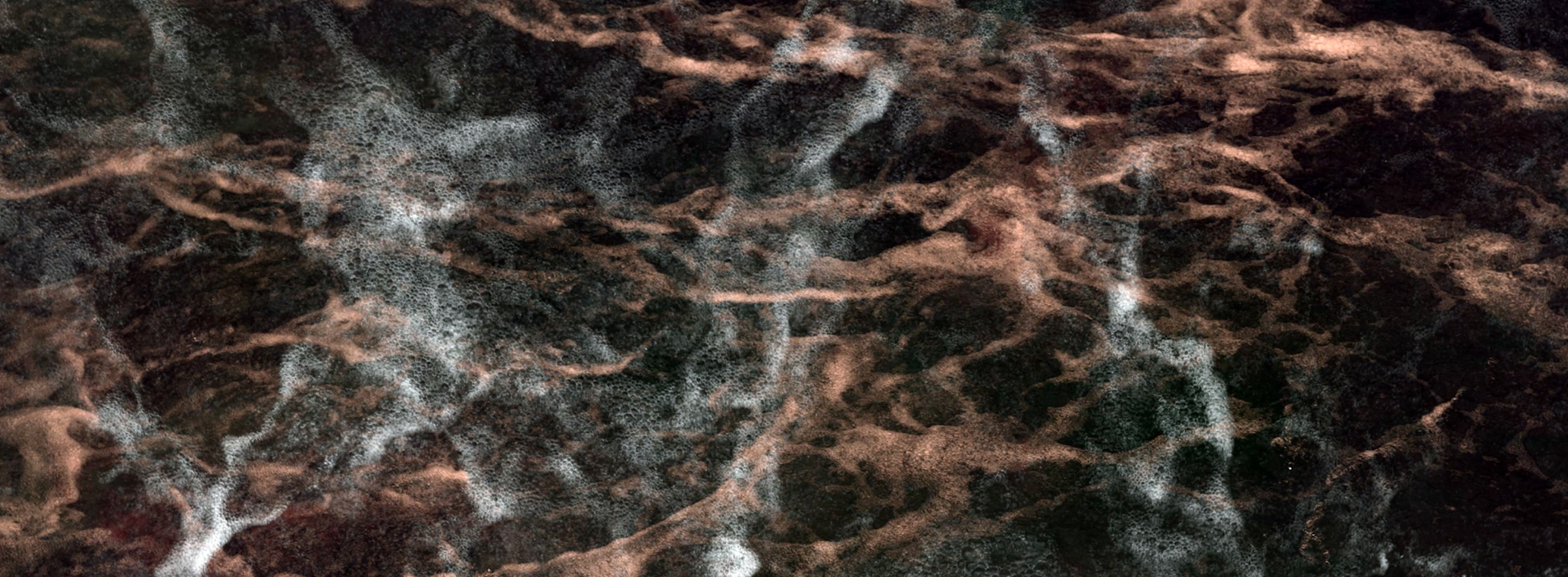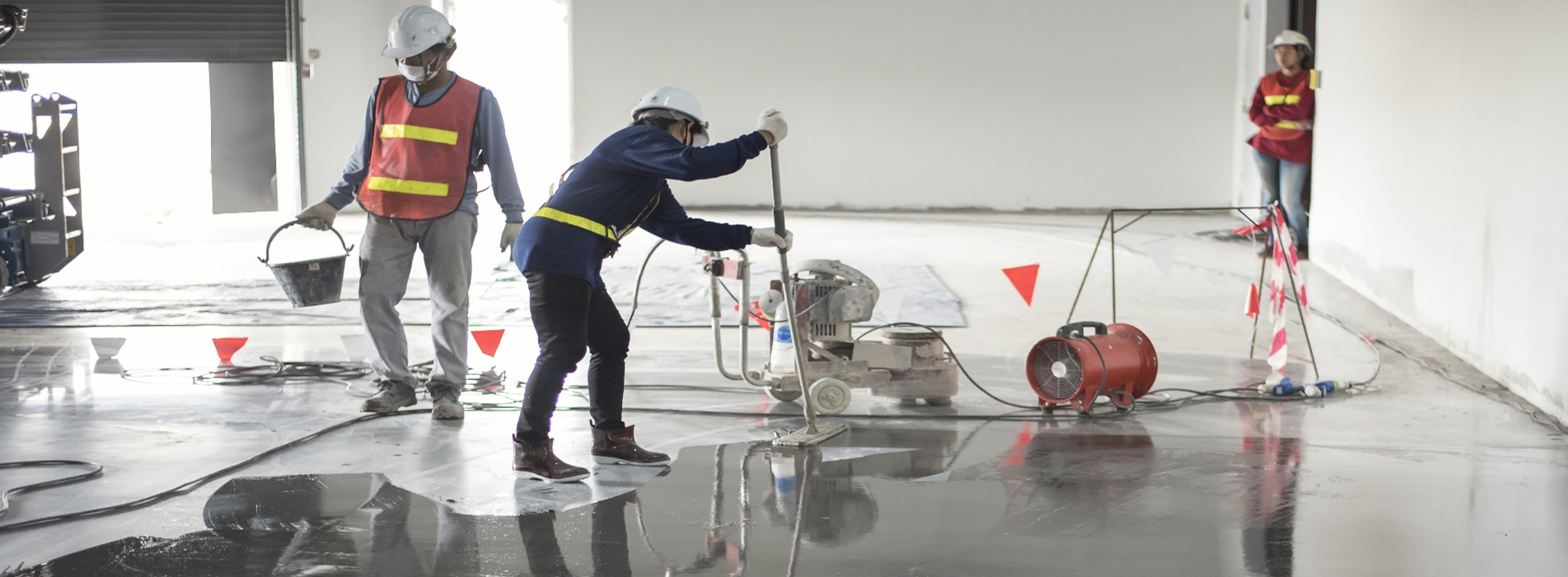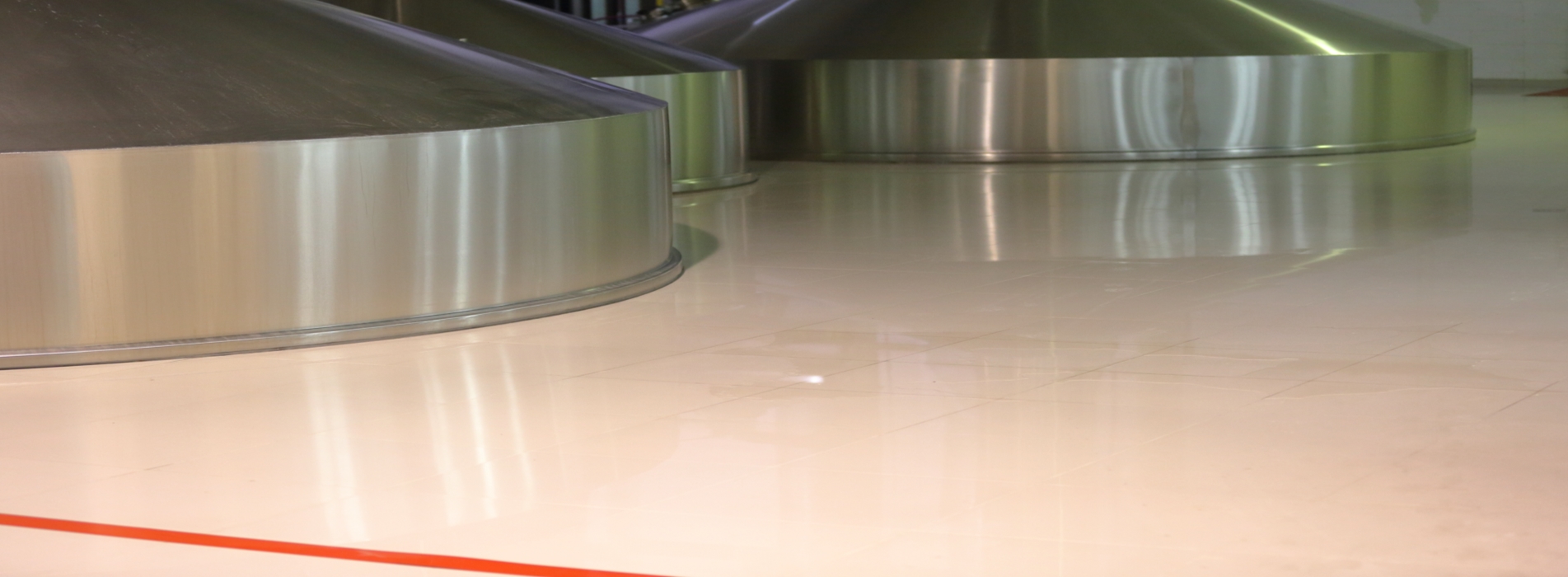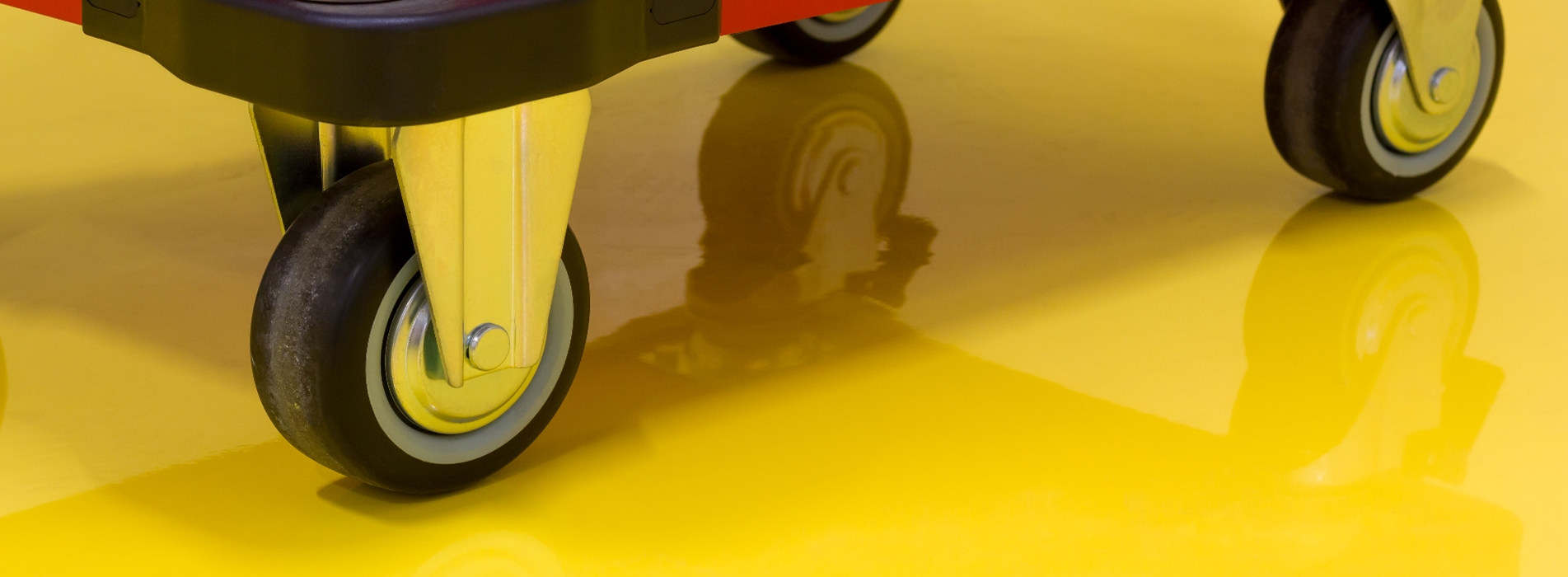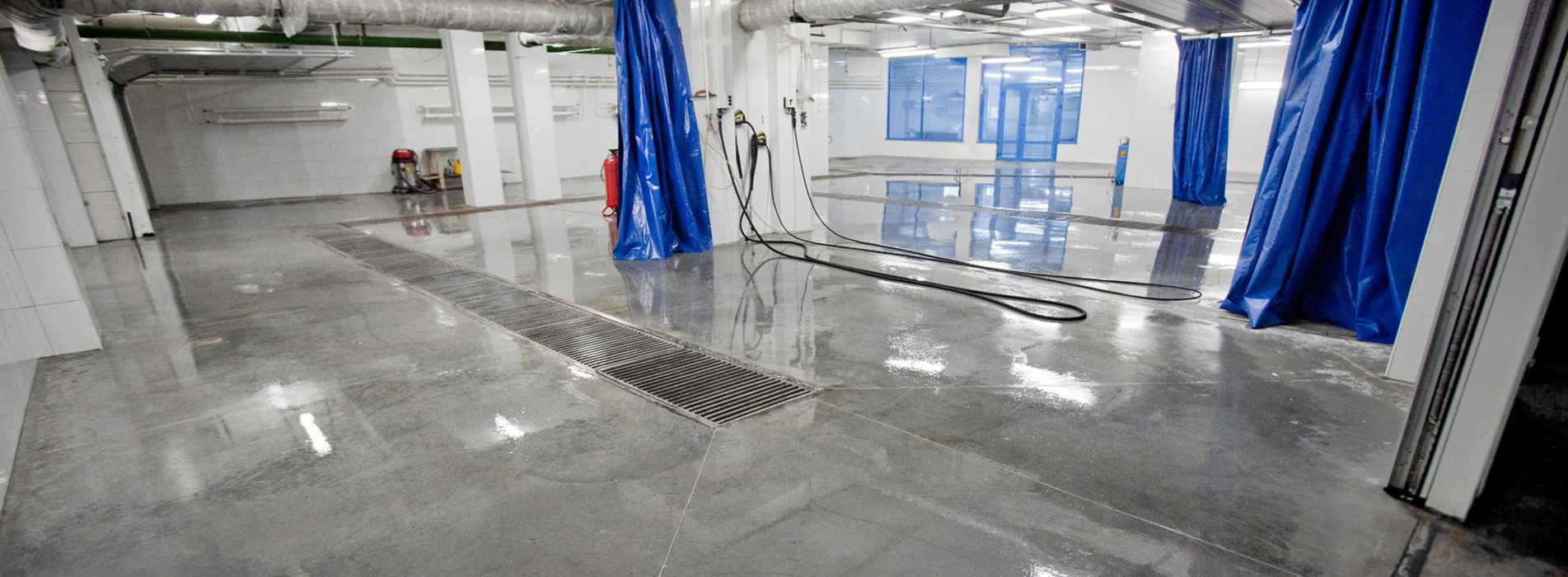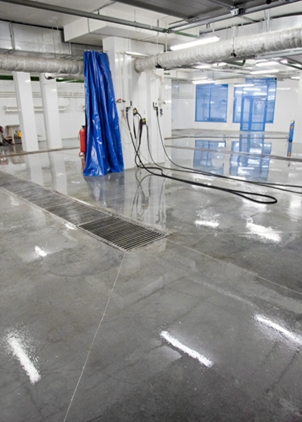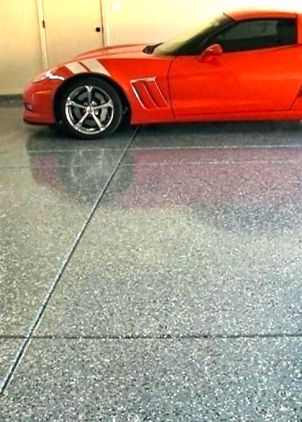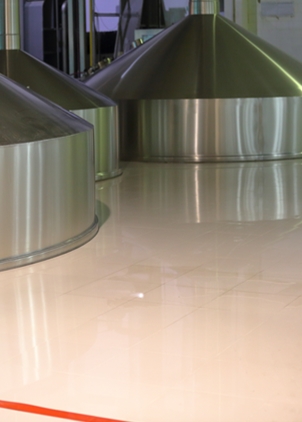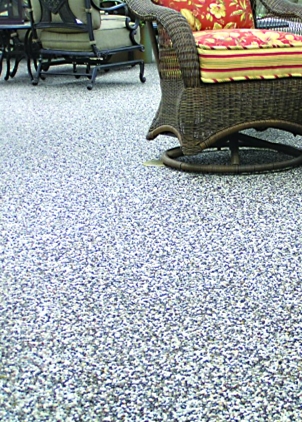EPOXY FLOORING – Practical For Commercial / Ideal For Residential
All Styles Epoxy Flooring
Suited To Your Exact Application
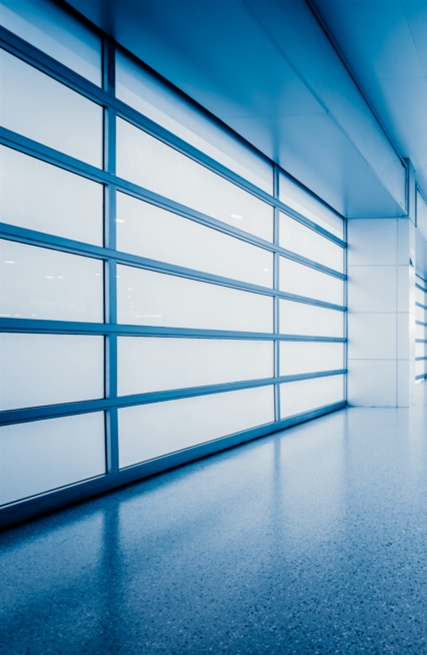
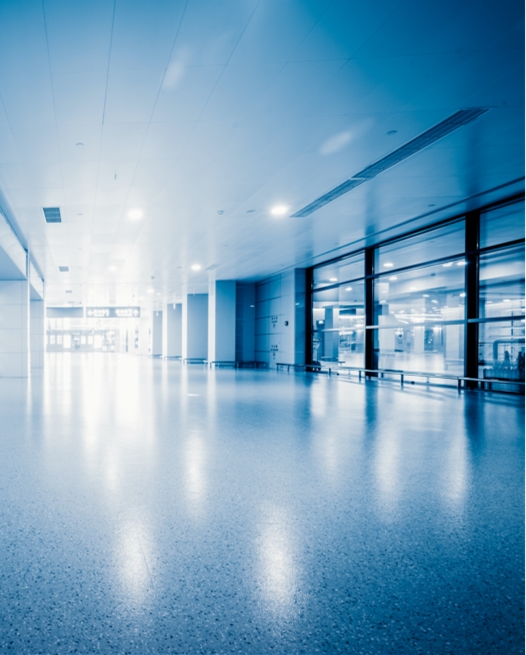
BUTLER’S COMPLETE COMMERCIAL FOOD GRADE/WET AREA FLOORING SOLUTION
COMPLETE FOOD GRADE FLOORING SOLUTION
* Screeded Subfloor
* Epoxy/Polyurethane HACCP Food Grade Flooring
3 Installations under one company roof
... MORE
Anti-Slip Flooring
STAGE 1Waterproofing
... MORE
Granite & Flake
STAGE 2RAMPED SCREED
Surface Levelling
Stage 3Food Grade Epoxy
... MORE
Metallic Effects



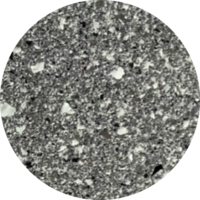

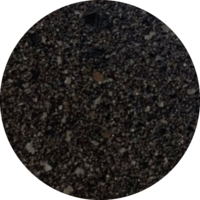
What Are Your Requirements?
Choose Your
Own Colour
Or Design
Consider the existing elements in the room and the anticipated foot traffic. Non-slip, easy seamless clean, amount of natural light and reflections. One colour or separate colours for selected areas.
FAQ’s
5 Most Frequently Asked Questions
Epoxy flooring offers several advantages for commercial spaces, making it a popular choice across various industries. Here’s a detailed look at the benefits:
Advantages of Epoxy Flooring for Commercial Spaces
- Durability:
- Description: Epoxy floors are exceptionally durable and can withstand heavy traffic, impacts, and abrasions. They are ideal for environments that experience high wear and tear.
- Applications: Perfect for warehouses, retail stores, and manufacturing facilities.
- Chemical Resistance:
- Description: Epoxy coatings are resistant to many chemicals, including acids, oils, and solvents. This makes them suitable for environments where chemical spills or exposure is common.
- Applications: Ideal for industrial settings, laboratories, and automotive repair shops.
- Easy Maintenance:
- Description: Epoxy floors have a seamless surface that is easy to clean and maintain. Dust, dirt, and spills can be quickly wiped away, reducing cleaning time and effort.
- Applications: Useful in commercial kitchens, medical facilities, and retail spaces.
- Aesthetic Flexibility:
- Description: Available in a wide range of colours, patterns, and finishes, epoxy flooring can enhance the visual appeal of commercial spaces and align with branding or design preferences.
- Applications: Suitable for showrooms, offices, and customer-facing areas.
- Safety Features:
- Slip Resistance: Epoxy can be customized with slip-resistant additives to enhance safety in wet or high-traffic areas.
- Reflectivity: High gloss finishes can improve lighting by reflecting light, which can be beneficial in environments with low natural light.
- Cost-Effectiveness:
- Description: While the initial cost of epoxy flooring may be higher compared to some alternatives, its long lifespan and low maintenance costs can make it a cost-effective option in the long run.
- Applications: Economical for facilities looking to reduce maintenance and replacement costs.
- Seamless Application:
- Description: Epoxy floors are applied as a continuous coating, which eliminates joints and seams where dirt and bacteria can accumulate.
- Applications: Ideal for hygienic environments like food processing areas and cleanrooms.
- Quick Installation:
- Description: Epoxy flooring can be installed relatively quickly compared to some other flooring options, minimizing downtime and disruption to business operations.
- Applications: Beneficial for businesses that need to minimize operational interruptions.
- Enhanced Longevity:
- Description: Epoxy flooring can last many years with proper maintenance, making it a durable investment for commercial spaces.
- Applications: Suitable for high-traffic and high-impact areas.
- Resistance to Environmental Factors:
- Temperature Tolerance: Epoxy flooring can handle a range of temperatures, making it suitable for environments with varying conditions.
- Moisture Resistance: It is resistant to moisture, which helps prevent issues like mold or mildew.
Applications and Use Cases
- Retail Stores: Enhances appearance and withstands high foot traffic.
- Warehouses: Handles heavy loads and frequent movement of goods.
- Manufacturing Facilities: Resists chemical spills and high-impact use.
- Food Processing Areas: Provides a cleanable, hygienic surface.
- Medical Facilities: Offers a sterile and easy-to-maintain environment.
Overall, epoxy flooring is a versatile and practical solution for many commercial environments, providing a combination of durability, aesthetic appeal, and low maintenance requirements.
In a commercial setting, epoxy flooring can last anywhere from 5 to 20 years or more, depending on several factors. Here’s a breakdown of how different aspects affect its longevity:
Factors Affecting Longevity
- Quality of Materials: Higher-quality epoxy formulations generally have better durability and a longer lifespan.
- Installation: Proper installation by experienced professionals is crucial. Incorrect preparation, mixing, or application can shorten the lifespan of the flooring.
- Traffic and Use: The type and volume of traffic will impact the floor’s lifespan. Heavy foot traffic, the presence of heavy machinery, or abrasive materials can lead to wear and tear.
- Maintenance: Regular cleaning and maintenance help preserve the integrity of the epoxy floor. Neglecting maintenance can lead to faster deterioration.
- Chemical Exposure: Exposure to harsh chemicals or spills can affect the epoxy’s durability. Epoxy floors in environments with high chemical exposure may require more frequent maintenance or specialized formulations.
- Environmental Conditions: Temperature fluctuations, humidity, and UV exposure can impact the epoxy’s performance. Outdoor or extreme conditions may require specialised epoxy formulations.
Typical Lifespan in Various Commercial Settings
- Retail Stores: In retail environments with moderate foot traffic, epoxy flooring can last around 10-15 years with proper maintenance.
- Warehouses: In warehouses with heavy equipment and high traffic, epoxy flooring might last 7-10 years before needing significant maintenance or replacement.
- Manufacturing Facilities: In industrial settings with heavy machinery and chemical exposure, epoxy floors can last 5-10 years, depending on the specific conditions and maintenance.
- Food and Beverage Facilities: In commercial kitchens or food processing areas, epoxy floors may last around 7-10 years, provided they are cleaned and maintained regularly.
Extending the Lifespan
- Regular Inspections: Conduct regular inspections to identify and address issues such as cracks, chips, or signs of wear.
- Prompt Repairs: Address minor damage or wear promptly to prevent it from worsening.
- Proper Cleaning: Use recommended cleaning agents and techniques to avoid damaging the epoxy surface.
- Protective Measures: Use mats or pads under heavy equipment and avoid dragging heavy objects across the floor.
By considering these factors and maintaining the epoxy flooring properly, you can maximise its lifespan and ensure it remains in good condition for many years.
Epoxy flooring is highly versatile and can be suitable for many types of businesses due to its durability, resistance, and aesthetic options. However, it may not be the best choice for every business depending on specific needs and conditions. Here’s a breakdown of how epoxy flooring fits various types of businesses:
Suitable for Various Types of Businesses
- Retail Stores:
- Benefits: Epoxy floors offer a clean, polished look that enhances aesthetics and is easy to maintain. They can handle moderate foot traffic and resist staining.
- Considerations: Choose a non-slip finish if the store may get wet or if spills are common.
- Warehouses and Distribution Centres:
- Benefits: Durable and resistant to heavy loads, impacts, and chemicals. Epoxy can handle the demands of heavy machinery and high foot traffic.
- Considerations: Ensure the epoxy system is designed to handle the specific stresses and chemical exposures typical in these environments.
- Manufacturing Facilities:
- Benefits: Epoxy’s resistance to chemicals, abrasions, and heavy machinery makes it ideal for industrial settings.
- Considerations: Choose epoxy systems that can withstand chemical spills and extreme conditions. Proper surface preparation is critical.
- Commercial Kitchens and Food Processing:
- Benefits: Epoxy’s resistance to moisture, chemicals, and ease of cleaning makes it suitable for areas with high hygiene standards.
- Considerations: Use food-safe epoxy and ensure the flooring has proper slip resistance. Regular maintenance is necessary to prevent build-up of grease or other contaminants.
- Healthcare Facilities:
- Benefits: Epoxy flooring is hygienic, easy to clean, and resistant to bacteria and chemicals, which is crucial for maintaining a sterile environment.
- Considerations: Opt for epoxy with antimicrobial properties and ensure it meets all health and safety regulations.
- Offices:
- Benefits: Provides a sleek, professional appearance and is easy to clean and maintain. Available in various colours and finishes to match office decor.
- Considerations: Choose a finish that offers comfort and slip resistance.
Less Suitable or Considerations
- Residential Homes:
- Considerations: While epoxy can be used in garages and basements, it may not be ideal for all areas due to potential aesthetic preferences and the specific needs of residential spaces.
- High UV Exposure Areas:
- Considerations: Epoxy can degrade and discolour with prolonged UV exposure. For outdoor areas or spaces with high UV exposure, consider UV-resistant coatings or alternative flooring options.
- Extreme Temperature Environments:
- Considerations: In environments with extreme temperatures, choose epoxy formulations designed to handle such conditions.
- Highly Flexible Substrates:
- Considerations: Epoxy may not perform well on surfaces that experience significant movement or flexing. Ensure the substrate is stable and properly prepared.
Key Considerations for All Businesses
- Surface Preparation: Proper preparation of the existing floor is crucial for adhesion and longevity.
- Maintenance: Regular cleaning and maintenance are important to extend the life of the epoxy floor.
- Custom Requirements: Ensure the chosen epoxy system meets the specific needs of the business, including slip resistance, chemical resistance, and aesthetic preferences.
Overall, epoxy flooring is a versatile option that can be tailored to suit various business environments, but it’s essential to choose the right type of epoxy and ensure proper installation to achieve the best results.
The time required to install epoxy flooring depends on several factors, including the size of the area, the complexity of the project, the type of epoxy system used, and the condition of the substrate. Here’s a general overview of the installation timeline:
General Timeline for Epoxy Flooring Installation
- Preparation:
- Cleaning and Repairs: 1-2 days
- Cleaning the substrate, making necessary repairs, and ensuring the surface is ready for epoxy application can take 1-2 days, depending on the condition of the floor.
- Cleaning and Repairs: 1-2 days
- Application of Epoxy Coating:
- Primer Coat: 1 day
- Applying a primer coat and allowing it to dry typically takes about 1 day.
- Base Coat: 1 day
- Applying the base coat usually takes 1 day. Drying times can vary, but the base coat generally needs 6-8 hours to cure before proceeding to the next step.
- Topcoat: 1 day
- Applying the topcoat may take an additional day. Some epoxy systems require a second topcoat or additional treatments, which can extend the timeline.
- Primer Coat: 1 day
- Curing Time:
- Initial Cure: 1-2 days
- Epoxy coatings typically need 1-2 days for initial curing before light foot traffic is allowed.
- Full Cure: 7 days
- For the epoxy to reach its full strength and durability, it usually requires about 7 days to fully cure. During this period, avoid heavy traffic and the use of any harsh chemicals.
- Initial Cure: 1-2 days
Total Installation Time
- Small to Medium Projects: For smaller commercial spaces or residential applications, the entire process from preparation to the point where the floor can be used lightly may take about 3-5 days.
- Large or Complex Projects: Larger commercial spaces or projects with complex requirements (such as multiple layers or decorative elements) can take 1-2 weeks or more to complete.
Factors Affecting Installation Time
- Size of the Area: Larger areas take more time to prepare, apply, and cure.
- Condition of the Substrate: Floors requiring extensive repairs or preparation will extend the timeline.
- Type of Epoxy System: Different epoxy systems (e.g., standard epoxy, flake systems, or metallic finishes) have varying application and curing times.
- Environmental Conditions: Temperature and humidity levels can affect drying and curing times.
For an accurate estimate of how long your specific epoxy flooring project will take, it’s best to consult with a professional installer who can assess the details of your space and provide a more precise timeline.
Epoxy flooring can be installed over many types of existing floors, but the success of the installation depends on the condition and type of the existing floor. Proper preparation and sometimes specific treatments are required to ensure good adhesion and a durable finish. Here’s a guide to installing epoxy over different types of floors:
Types of Existing Floors and Installation Considerations
- Concrete Floors:
- Preparation: Concrete floors should be clean, dry, and free of cracks, oil, or any other contaminants. Surface preparation might include cleaning, repairing cracks, and possibly etching or grinding to create a rough texture for better adhesion.
- Considerations: Ensure the concrete is fully cured before applying epoxy and perform a moisture test to check for any issues.
- Tiles (Ceramic, Porcelain, or VCT):
- Preparation: Tiles should be cleaned thoroughly. Grout lines should be filled, and any loose tiles should be repaired. The surface may need to be roughened using sanding or etching to ensure proper adhesion.
- Considerations: Ensure that the tiles are firmly adhered to the substrate to avoid issues with epoxy adhesion.
- Wood Floors:
- Preparation: Wood floors must be clean, dry, and well-secured. The surface may need to be sanded to create a rough texture. Any loose or damaged boards should be repaired or replaced.
- Considerations: Wood can expand and contract with changes in humidity, which might affect epoxy flooring. A moisture barrier or primer specifically designed for wood might be necessary.
- Existing Epoxy or Resin Floors:
- Preparation: Clean the surface thoroughly and ensure it is free of contaminants. The existing epoxy should be sanded or abraded to provide a rough surface for the new epoxy to bond.
- Considerations: If the existing epoxy is peeling or damaged, it should be removed before applying a new coat.
- Vinyl Floors:
- Preparation: Clean the vinyl thoroughly. Any loose or damaged sections should be repaired. The surface may need to be scuffed or sanded to promote adhesion.
- Considerations: Some vinyl floors may have a smooth, non-porous surface that can be challenging for epoxy adhesion, so proper preparation is crucial.
- Carpet or Rugs:
- Preparation: Carpet or rugs must be completely removed before installing epoxy flooring. The subfloor should then be cleaned and prepared according to the type of existing floor underneath.
- Considerations: Carpets are not compatible with epoxy flooring and must be removed entirely.
General Preparation Steps for All Types
- Cleaning: Remove all dirt, grease, and contaminants from the existing floor.
- Repairs: Fix any cracks, holes, or loose areas in the substrate.
- Surface Preparation: Sand, etch, or otherwise roughen the surface as needed to improve adhesion.
- Priming: Apply a primer if recommended by the epoxy manufacturer to enhance adhesion and performance.
- Moisture Testing: For concrete and wood, test for moisture issues and ensure the substrate is adequately dry.
When to Consider Professional Help
- Complex Conditions: If the existing floor has extensive damage or requires significant preparation.
- Specialised Requirements: For floors that need specialized treatments or have unique conditions.
By ensuring proper preparation and addressing specific needs related to the existing floor type, epoxy flooring can be successfully installed over a wide range of substrates.
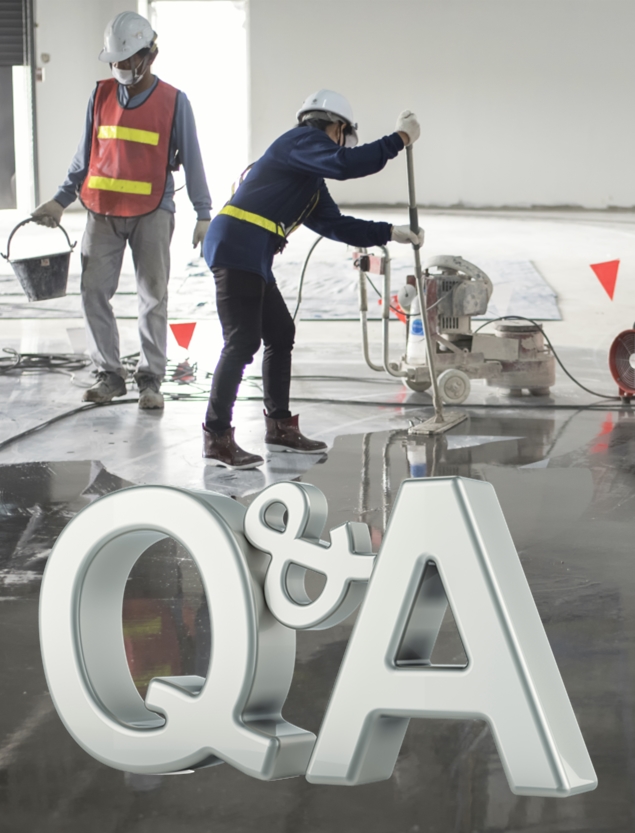
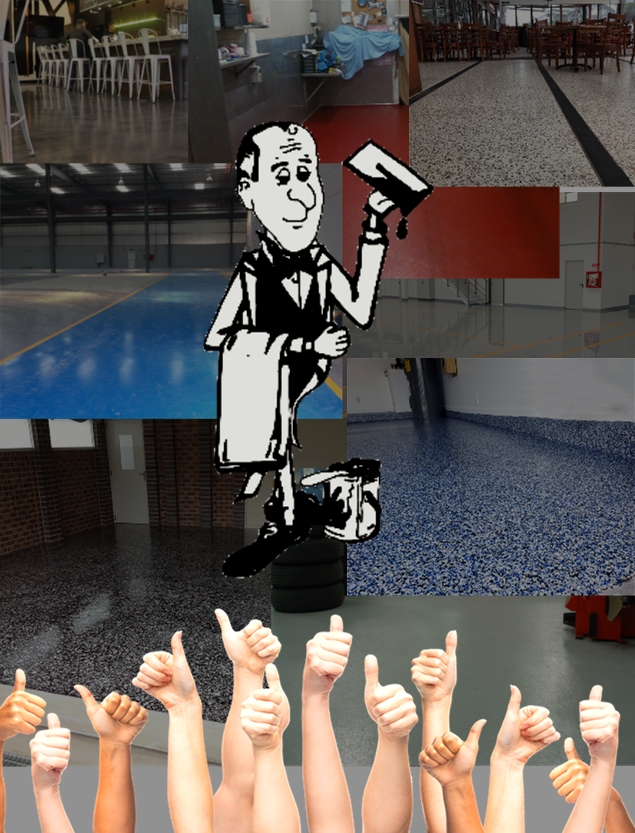
Testimonial
Chris and his team at Butlers Flooring did a great job. They transformed my workshop into a fresh and clean workspace. I couldn’t be happier.
The Butlers team were professional, efficient and very helpful when replying to my many questions. The project was completed on time and within the budget. I am happy to recommend their services.
happy to recommend their services. – Alistair Kempthorn
Hi Chris. I wanted to send a quick note to tell you how happy we are with the epoxy floor you put down for us. We have had many positive comments about it and we are both wondering why we didn’t get this done years ago. What a transformation. I am happy to confirm the quality of your work to anybody should they require an opinion from a satisfied customer.
Butlers Epoxy Flooring were tasked with laying down an epoxy floor capable of high foot traffic and light pallet moving machinery. They had to start with an uneven concrete floor with a substantial amount of cracks and chips throughout. What we have ended up with is an amazing transformation well above our expectations. A massive thank you to Chris and his team.
Thank you Butlers Epoxy Flooring, I can’t believe how well this turned out! Everyone who comes to visit make positive comments about how fantastic the transformation is
Our Installation
Guarantee
